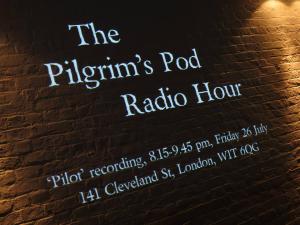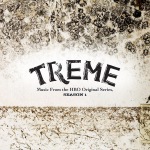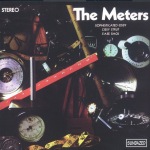It’s getting closer. And even the most Liturgical among us are starting to move into Christmas. But it’s still Advent.
I wanted to add one more Advent-themed post, this time in the form of a song I wrote last year. Unfortunately I haven’t had opportunity to record it yet but I’m hoping that the lyrics, even out of their musical context, will provide something worthy of reflecting upon as we watch and wait.
Waiting Again – Paul Enns
Yeah, we’re waiting again as we sing our songs of joy
We’re waiting again as we celebrate this boy
Waiting for wolves to lie down with lambs
For crooked roads to be made straight
Mountains razed down and valleys raised up
Goodness and love to cast out fear and hate
We’re waiting again just like all the years before
We’re waiting again hoping for a little more
More of what the angels sang
When they proclaimed this birth
More goodwill to all, more favour of God
More peace on earth
Peace with God and peace with Man
What that all means I just don’t understand
How can a baby boy be all that the angels sing
Unless he grew up and changed everything.
So we’re waiting again as we’re looking for that Day
We’re waiting again – we’re told it’s on its way
And it seems it’s been such a long, long time
We get tired and we get bored
But then the lightening flashes and we catch a glimpse
Of just how great is the Lord
So we pray for peace and we pray that Light
Might dispel the darkness of the night
And we work for justice and we speak Good News
And we give what we have for others to use
We forgive their sin and repent of our own
We give thanks for mercy wherever it is shown
We rejoice with the laughing, and we mourn with the weeping
And through it all we pray for faith to keep believing…
…while we’re waiting again…











